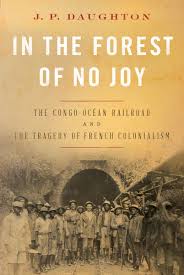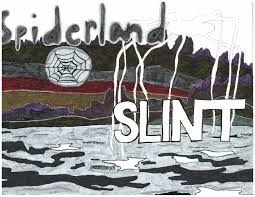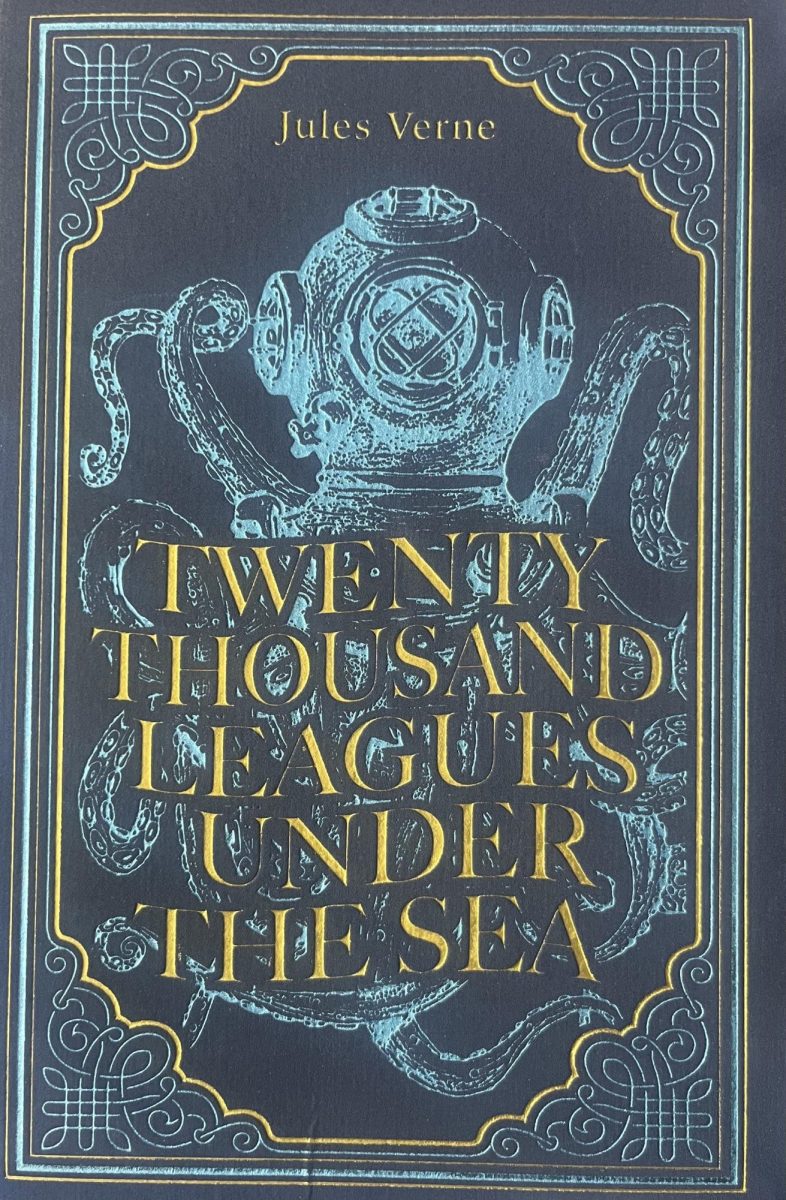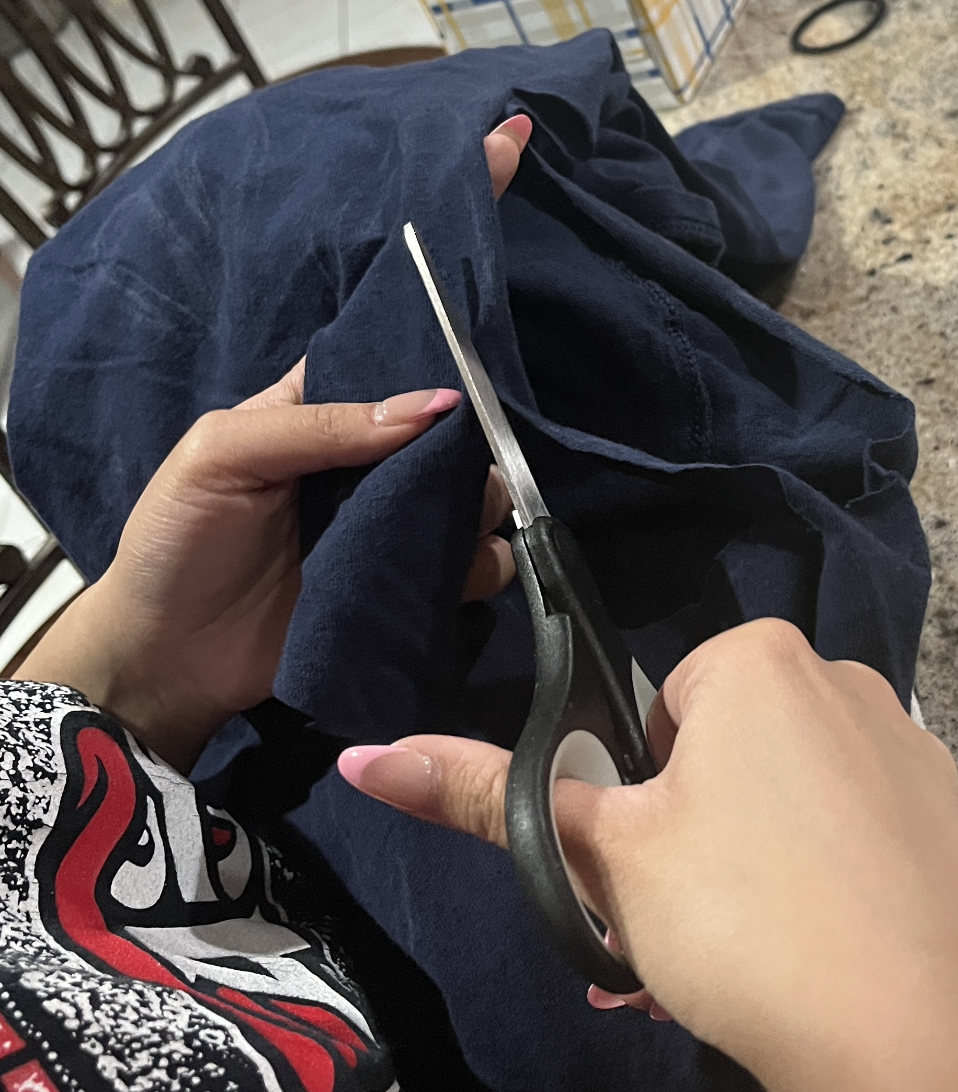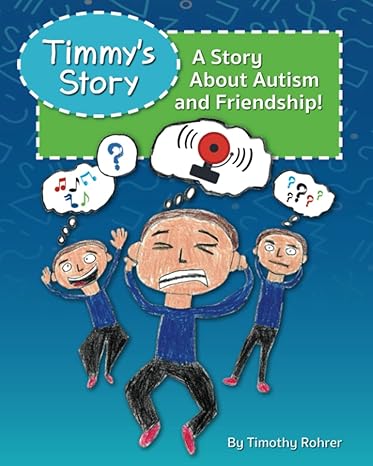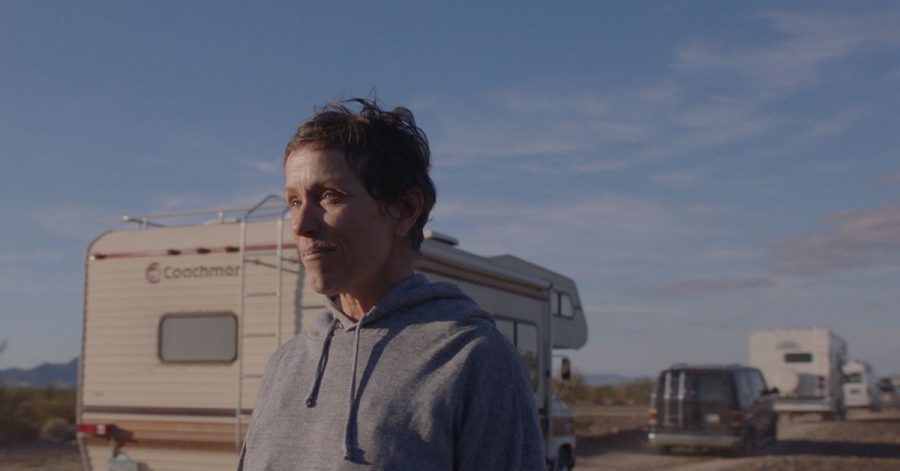Get to Know ‘Nomadland’ with this Authentic Film
March 22, 2021
Directed by Chloé Zhao and starring Frances McDormand, “Nomadland” is a story about a widowed woman who embarks on becoming a modern-day nomad after losing everything due to the 2011 recession.
The film could be best described as authentic, as the audience is hung up on the daily activities that the feature character, Fern, goes through.
Before the title card is presented, Zhao and McDormand excel at showcasing who Fern is to the viewer. She is very careful with her few remaining material possessions, is warm to others, and very vulnerable when she is by herself. In addition to this, Fern is always keeping herself occupied by either working several odd jobs or tending for others around her.
What the movie does so well is remain simple in its execution of not only character development but also visual portrayals of a standard, yet quiet, world.
At the beginning of the film, Fern is surrounded by snow with long areas of vacant land and dull buildings. The colors are muted throughout Fern’s environment and especially in her own wardrobe. She wears very basic outfits that not only help to portray her character as someone who does not care about her appearance, but also as someone who dresses purely for warmth and protection.
Once she travels to the desert and meets with other nomads, the colors become warmer and more vibrant. The landscape cinematography of the desert skyline in addition to the decorations of people’s vans and living spaces and colorful outfits are breathtaking. This small yet satisfying detail helps to reveal how Fern feels in her new environment versus how she was feeling while living by herself surrounded by snow and empty buildings.
Fern also excels in this new environment as she is surrounded by multiple people. It is here that she expands her friend group from what was once just one fellow nomad that she worked with to several close associates who are more than welcoming to a new member of their nomad community. This is another aspect of the film that the director absolutely hits a home run in.
The characters on display in the desert and in the other nomad communities throughout the film don’t actually feel like characters at all. They are real people who seem to be less than comfortable with a camera in their face and are very reserved. There are two moments in the film where one of the supporting characters will speak about their life struggles and then look directly into the camera for a split-second. Something that is difficult not to do for untrained actors.
After watching the credits roll, it is safe to assume that the minor characters in the film are not actors at all, but real-life nomads who were asked to participate in the film as each character is credited as their real-life name.
In addition to this aspect of the film, another way that Zhao helps to land realism in the portrayals of nomads is by shooting the conversations and monologues in documentary-style filmmaking.
All things considered, the film is shot with an expert fashion for both subtle character development and in being able to feel grand in scale without having to edit extreme sequences together or use even the smallest number of special effects.
“Nomadland” is certainly expertly acted and directed, but it is not without its flaws, although they are minor. The film is very trivial in its pursuit of a plot. To be fair the minority group of people who did not connect with this film argue that there is no plot at all, which is understandable.
The audience is taken on a ride through Fern’s life from 2011, and over the next few years. She works several jobs, learns the ways of a veteran nomad, and struggles to connect to members of society who live a more maintained and common lifestyle. There is never an ongoing issue at hand or something that Fern is chasing, as most movies utilize to have a strong linear plot.
The movie has a strong similarity to a book, as the pacing and story are edited very exact and feel like chapters in a novel. The film is based on a book, so this makes sense for how the film is formatted.
Another aspect that the film struggles with is mentioning societal issues but not truly having a deep conversation about them. For example, Fern, upon visiting her sister, gets into an argument about the housing crisis and the flaws of the American economy, but it diverges into Fern quickly moving on and not wanting to truly speak about it.
Now, to be fair, the extreme realism of the movie can be a strong reason as to why the film does these things. In real life there is no large blow up of juicy dialogue between characters or snappy banter between people who live near each other. The film cares more about just being extremely raw and fairly portraying nomad culture without having to throw the ideas and facts in the face of their audience.
Zhao clearly does not feel compelled to explain what’s happening in draining exposition dumps, and simply assumes that the audience is intelligent enough to figure out why the characters are saying and doing what they are.
Ultimately, “Nomadland” succeeds in attempting to show respect and admiration for a culture of people that are not spoken about enough in modern society.
McDormand gives a powerful yet restrained performance that will surely garner award consideration, while Zhao directs the movie with an expert’s hand and eye. Comic book fans should be more than excited for McDormand’s next project, which is Marvel’s upcoming film “The Eternals.”
Come to “Nomadland” for a relaxing, yet insightful viewing experience. Stay for a well-paced and beautiful film about humans. It’s worth the price of admission.










